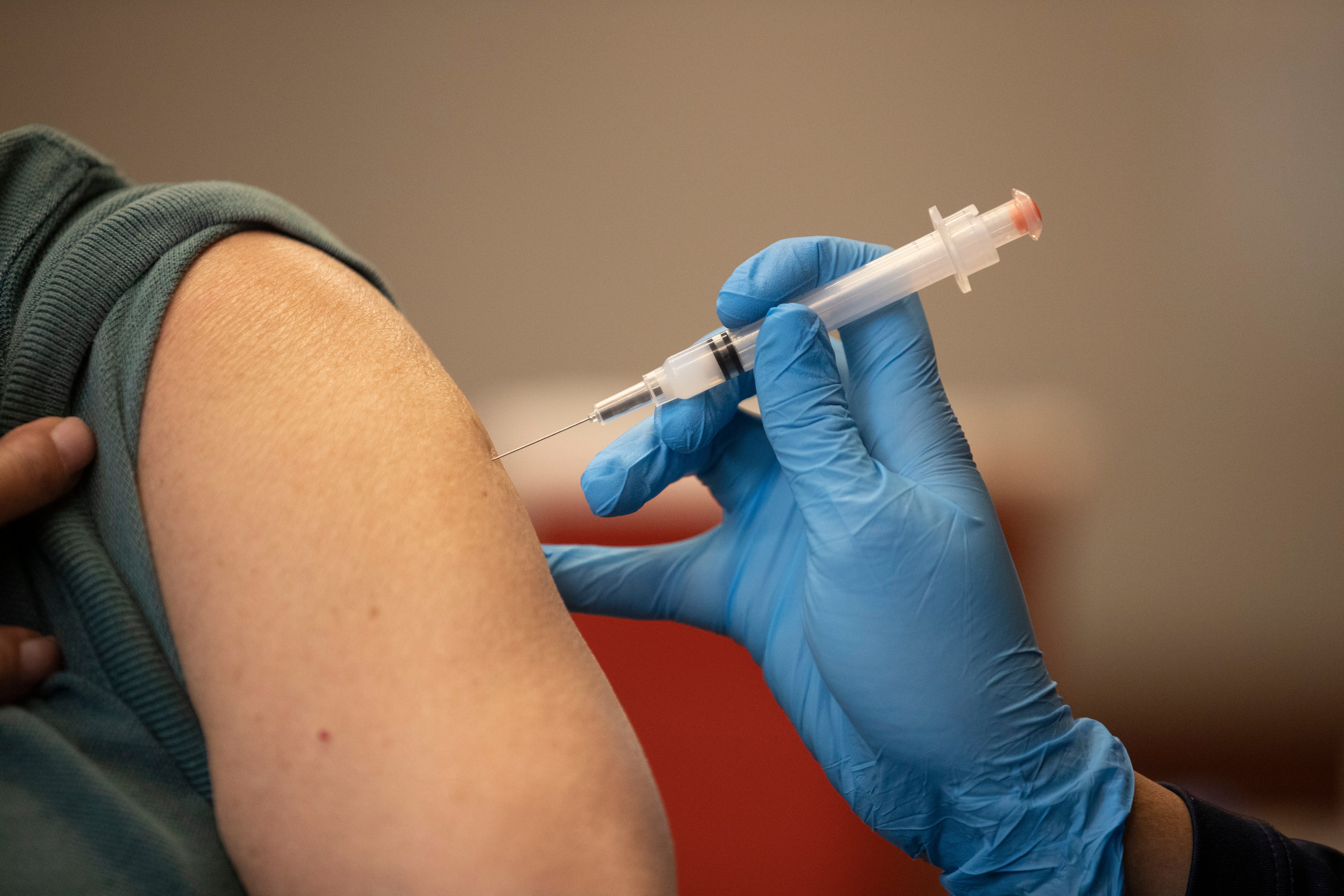Georgia Institute of Technology News
news.gatech.edu is a news website operated by the Georgia Institute of Technology (Georgia Tech), focusing on research advancements and achievements in various fields such as science, technology, health, environment, business and economic development. The site covers stories about the institute's faculty, students and their contributions to society. It also features an 'About Us' section that provides information on various initiatives undertaken by Georgia Tech researchers including a study of bacteria on the International Space Station in collaboration with NASA.
100%
The Daily's Verdict
This news site is known for its high journalistic standards. It strives to maintain neutrality and transparency in its reporting, and avoids conflicts of interest. It has a reputation for accuracy and rarely gets contradicted on major discrepancies in its reporting.
Bias
100%
Examples:
No current examples available.
Conflicts of Interest
100%
Examples:
No current examples available.
Contradictions
50%
Examples:
- The mRNA vaccines developed through the federal government's Operation Warp Speed program were a massive innovation, but annually updating those boosters for specific SARS-CoV-2 variants is inefficient.
- The team presented their findings in a publication titled 'Broad protection against clade 1 sarbecoviruses after a single immunization with cocktail spike-protein-nanoparticle vaccine', published in the February edition of Nature Communications.
Deceptions
100%
Examples:
No current examples available.
Recent Articles
